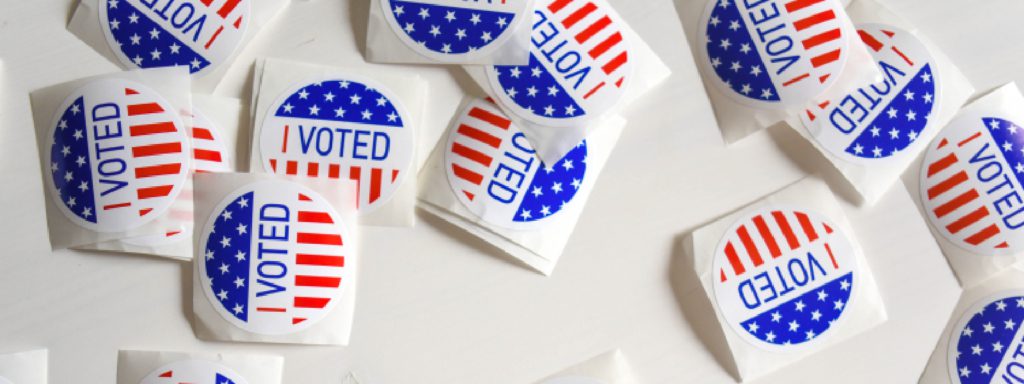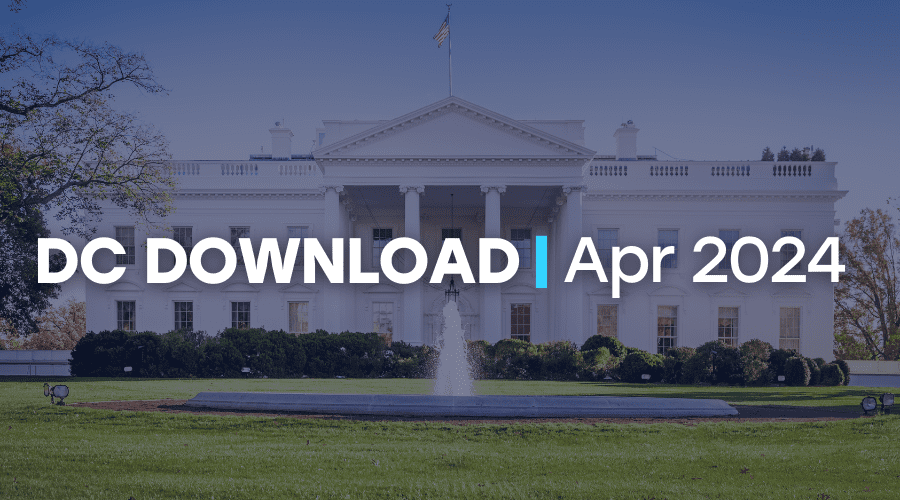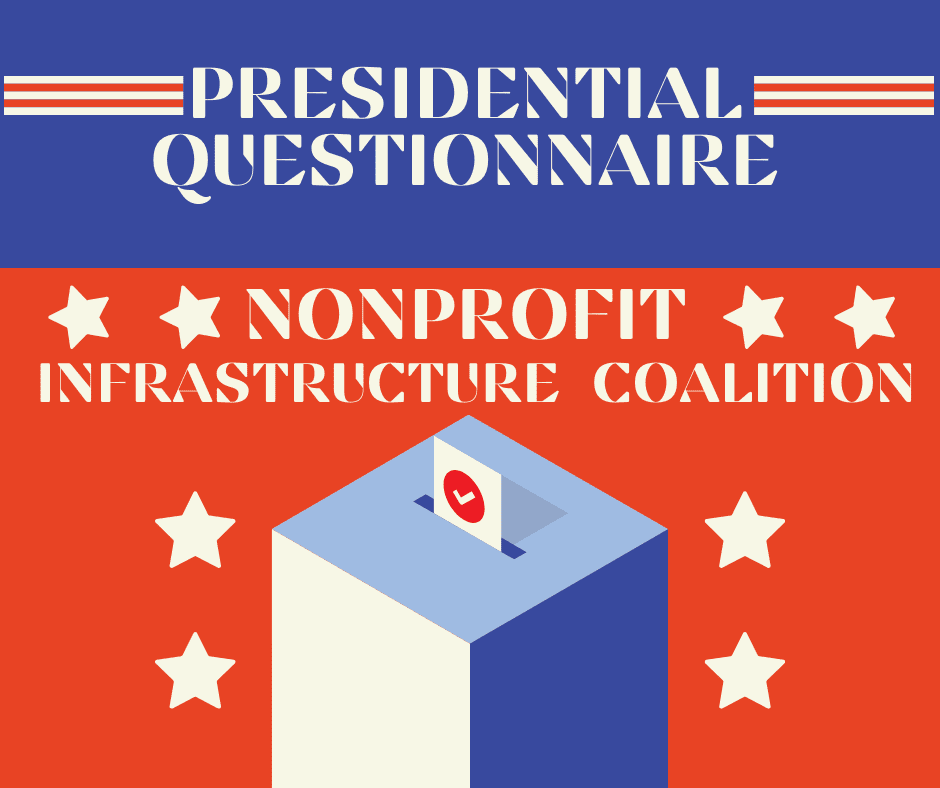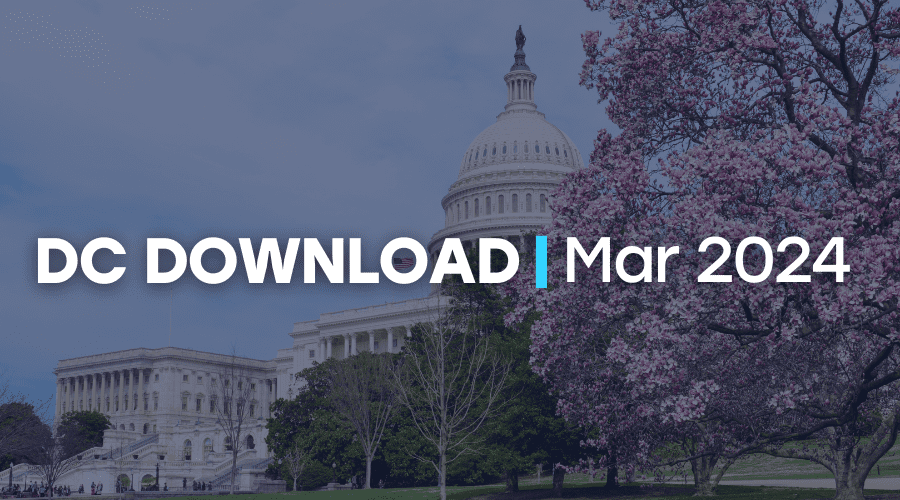There is a plethora of ways the nonprofit sector can prepare to do our part to ensure a healthy 2020 election cycle, with a priority focus on three actions. Particularly, Independent Sector urges our members, colleagues, and friends to encourage healthy elections, combat voter suppression, and advocate for expanding broadband access for the United States as a whole. In the era of knowledge and technology, having adequate internet access should be available to all, yet the Federal Communications Commission (FCC) reported in 2019 that 21.3 million Americans lack broadband access. 67% of Americans also say it is likely that COVID-19 will disrupt their ability to vote in November. It’s abundantly clear that there are extensive and persistent divides in this nation between those who can easily access the internet and those who cannot. As one of the last trusted sources for information, the nonprofit sector has a responsibility to utilize our power of collective advocacy and raise awareness to our communities.
The digital divide is an equity issue that exacerbates disparities around educational achievement, voter participation, economic mobility, and other nonprofit priorities. Expanding broadband access will give more citizens the opportunity to register to vote and request vote-by-mail ballots, therefore advancing a healthier, more equitable election. With an uptick of COVID-19 cases expected in the coming months, expanding access to internet and digital services is critical to ensuring the global pandemic does not further isolate or limit communications with and among vulnerable members of our communities.
The historical discrepancies within elections and minority voter turnout rates are deeply correlated to the many forms of racism in our political system. By maintaining voting barriers in districts that are majority minority, oppressors across the board have been able to keep our current system in place, ensuring that Black people and other marginalized groups are disregarded and unheard. We’ve seen this in recent news where the state of Georgia’s primary election process was delayed for hours in majority-minority counties, leaving people to sit in line for more than four hours during a pandemic, a time expenditure that many cannot afford. There are other similar situations across the U.S., foreshadowing what many may face in November.
The ability to vote should be an American right, not a partisan issue, yet in many cases, it appears to be a privilege based on affluence and access. To prevent the COVID-19 pandemic from continuing to have a disproportionate impact on voter participation in communities affected by this health and economic crisis, Congress must act swiftly to ensure that every eligible voter can cast their ballot safely. The $400 million provided in the CARES Act to accommodate voting during the pandemic covered only a small percentage of the funds needed by state and local election officials for the remaining primaries and general election. We urge Congress to commit an additional $3.6 billion to safeguard the electoral process. State and local governments must have ample time to ensure that changes to their election process are seamless. The immediate appropriation of the $3.6 billion in emergency funds is critical to cover the costs associated with implementing the necessary adjustments. Otherwise, the inability to exercise the constitutional right to vote will continue to be a reality for millions of Americans in November.
Additional advocacy resources such as our Broadband Call To Action Toolkit and Elections Call To Action Toolkit can be accessed on our website. We implore you to visit Independent Sector’s Public Policy Action Center to submit a letter to your members of Congress today.



